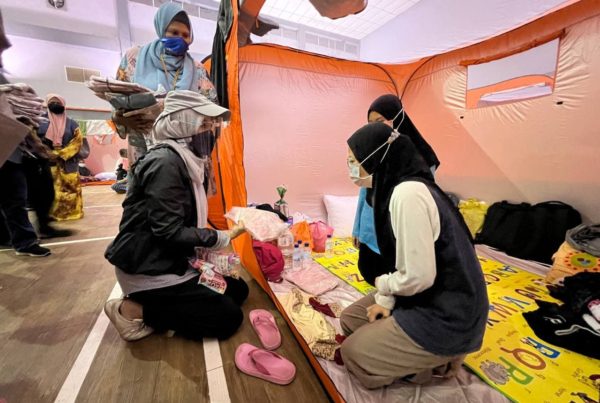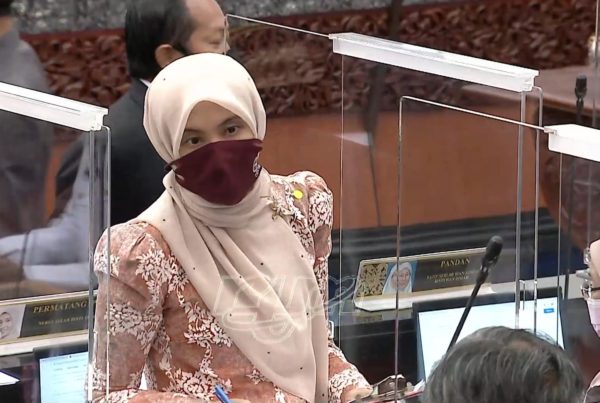The United Malays National Organisation (UMNO) has claimed that they have managed to reduce hardcore poverty incidence from 60% before the Independence to less than 1 percent today. However, a recent report from the United Nations Development Programme (UNDP) painted a different story.
The Malaysia Human Development Report 2013 commissioned by the UNDP showed that the number for relative poverty in Malaysia has been on the rise since the year 2007, with 1 in 5 households (20%) considered to be relative poor in 2012. The figures released by the report clearly shows just how meaningless and futile the measure of absolute poverty is.
Household debts against disposable income at 140 percent or 86.8 percent against Malaysia’s GDP is an extremely worrying level; higher than in America – 122 percent of their GDI or about 78 percent of their GDP in the first quarter of last year.
Not to mention the recent report that 10,000 employers are still failing to implement the minimum wage of RM900. The cost of living will definitely increase due to chain reactions caused by GST come April 2015. Majority of Malaysians are low income earners considering that only 14% of employees are eligible for taxation in the year 2013 compared to other developed countries as high as 70-80% ie United Kingdom, the Scandinavians, Australia and America. 78.6% employees are earning below RM3,000 a month. On top of this, the GDP of the nation by income only goes to less than 30% to the wages of our employees.
According the the Ministry of Women, Family and Community Development, a household is considered poor if the monthly income is less than RM830*. This number is meaningless. This is an outdated way of measuring poverty, and I, again strongly urge the government to use alternative methods which are gaining worldwide acceptance, ie relative poverty measure or using multidimensional poverty index.
The relative poverty measures the extent to which a household’s financial income falls below a certain threshold of the economy. This measure is more reflective of the state of the country. The Multidimensional Poverty Index (MPI) measures the levels of deprivation at an individual level. They are measured by the dimensions of health, education and quality of life. This index can be used to give a more transparent description about the livelihood of those affected by poverty, and the comparisons across ethnicity, rural or urban and other demographics.
As evident by the UNDP report, it is important that the government honestly and sincerely admit the real problem that we are facing. Only by admitting the truth can good policies be formulated to solve poverty and its related issues. As long as we hide behind rosy numbers and glorified statistics, the issue of poverty will be neglected and never properly addressed. The report concluded that urgent policy decisions to tackle old and new inequalities are needed to address economic vulnerabilities of the average Malaysian.
I urge the government to admit the poverty numbers and move to address poverty seriously in Malaysia. Poverty might have been ignored in the UMNO General Assembly; let us not allow the same mistake in governance.
NURUL IZZAH ANWAR
MEMBER OF PARLIAMENT FOR LEMBAH PANTAI
VICE PRESIDENT OF KEADILAN
*http://www.kpwkm.gov.my/nkra/definisi


